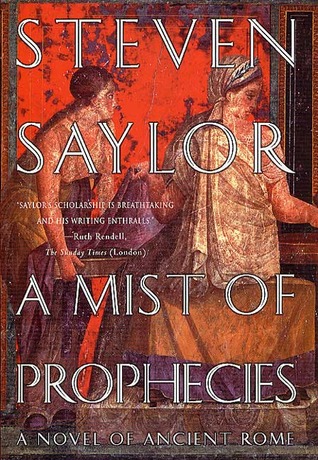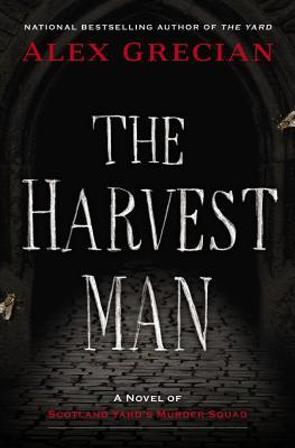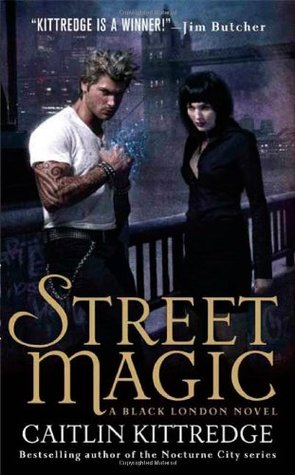I received this book for free from in exchange for an honest review. This does not affect my opinion of the book or the content of my review.

The Venus Throw
by
Steven Saylor
It is part of the Roma Sub Rosa #4 series and is a historical mystery in Paperback edition on April 15, 1996 and has 400 pages.
Explore it on Goodreads or Amazon
Other books in this series include [books_series]
Other books by this author which I have reviewed include Arms of Nemesis, Seven Wonders, Catilina's Riddle, The House of the Vestals, A Murder on the Appian Way, Rubicon, Last Seen in Massilia, A Mist of Prophecies
Fourth in the Roma Sub Rosa historical mystery series set in ancient Rome and revolving around Goridanus the Finder.
The Venus Throw was a nominee for the Lambda Literary Award for Gay Men’s Mystery in 1996.
My Take
It’s sad to read of Rome’s descent into such corruption. It started with such wonderful ideals, and now it’s just a sewer. I hate to say it, but the U.S. seems to following the same path.
Reading Saylor’s Roma Sub Rosa provides a more personal look at why the Republic fell. It’s one thing to read historic tomes and memorize dates, but to read even a fictional account of a family’s life at such a time brings it down to a level that’s more easily understood. I know it always makes the facts zing into place for me, giving me a better understanding of the whys and effects of war and political decisions.
“Character assassination is the cornerstone of Roman jurisprudence.”
Think of it as a combination Jerry Springer and the Enquirer with its characters tossing rumors, gossip, and slanderous innuendo back and forth.
It’s a bit Sherlock Holmesian the way Gordianus determines the identities of his visitors, and I continue to be impressed with Saylor’s depiction of Roman culture, dress, food, and manners. No, it’s not an area of expertise for me, but there is something about his presentation that just rings true.
Oh, I don’t know why I’m surprised. Pedophilia is not a new vice, and the Romans, Greeks, and Egyptians certainly had different ideas about what was acceptable sexually. Do be aware that while there is no overt sex in this, there is a lot of talk of it in a pornographic sense. Hey, they’re Romans… I must confess that I find the switching of sides and betrayals to be a worse deceit…and ain’t that sayin’ somethin’…eek…
For the most (and overt) part, it’s all politics between Rome and Egypt. Who’s in power and who’s aiming for power. How they’re going to grab power degenerates into sabotage and assassination against a group of Eygptian delegates as well as a trial between two Romans with all the salacious gossip and innuendo they can dig up or invent.
The Egyptians don’t want to become a Roman colony, and the Romans are slavering at the thought of all the plunder it represents.
Hmmm, I didn’t know Bethesda was such a social climber. At the start, she’s referring to Clodia as an old whore, and near the end of the story, they’re best friends. Eco has great fun giving his father a hard time.
This tale will twist back and forth, making a case for and against people, a shell game with an ending that is totally unexpected.
The Story
Gordianus is becoming more and more careful the older he gets, so when an old friend from Alexandria asks his help in staying alive, Gordianus turns him down.
The Fates however have a different idea in store, and when Gordianus returns from a visit with Meto, he is talked into investigating his old friend’s death, a case that will involve seduction, lies, perversions, and poisonings. And a tremendous shock for Gordianus.
The Characters
Gordianus the Finder is fifty-four now and still dips his toe in to investigate now and again. Belbo is still his bodyguard, although Gordianus is considering making him his doorkeeper soon. His daughter, Gordiana, nicknamed Diana, is thirteen now and as beautiful as her mother, Bethesda, was at that age. Meto is serving Julius Caeser in Illyria, and Gordianus wants to see his son. Eco is Gordianus’ eldest son; he’s taken over the majority of the Finding. He’s married to Menenia, and they have four-year-old twins: Titania, and Titus.
Dio of Alexandria is the ambassador from Egypt and a philosopher with whom Gordianus once passed time and thought in debate when he lived in Alexandria (see The Seven Wonders, 0.5). Lucius Lucceius (his wife tells Gordianus the truth about that night and about her husband) and Titus Coponius are two of Dio’s hosts in Rome. Juba and Laco are Lucius’ kitchen slaves who are suddenly sent to the mines. Philo is Coponius’ doorkeeper; Zotica is the slave who was abused.
Trygonion is a eunuch (a gallus) and a priest at the Temple of Cybele in Rome. He’s also in love with Clodia.
Publius Clodius is Clodia’s younger brother. He’s a thug with a bad reputation. Clodia is a widow and notorious in Rome for her scandalous dress, affairs, and parties; Chrysis is her faithful, cheeky slave. Rumors abound as to how her husband, Quintus Metellus Celer, truly died. Marcus Caelius is her latest rejected lover. Barnabus is Clodia’s doorkeeper.
Cicero has recently returned from exile, and he’s rebuilding his house. Tiro is still his secretary.
Publius Asicius is the first to go on trial; he’s a friend of Marcus Caelius who has an apartment down the road which he rents from the Clodii. Bethesda thinks Marcus Caelius is hot, and we first met him in Catilina’s Riddle, 3, when he was spying on Catilina for Cicero. Licinius is another of Caelius’ friends.
Lucius Sempronius Atratinus is seventeen and prosecuting Caelius to defend his father, Bestia. Lucius Herennius Balbus and Publius Clodius (a freedman with Clodia’s brother’s name) are his co-prosecutors.
King Ptolemy has been run out of Alexandria, leaving it in Pompey’s hands. Vibennius, a.k.a., Busy Fingers, is part of a thieving team; he knows Catullus, a poet who is also in love with Clodia.
The Cover and Title
The cover of the book I read was dark with its navy background and a deep purple bare chest. To be honest, I can’t tell if it’s a man, a woman, or perhaps a eunuch.
The title is a gambling reference, a wager and trust in the goddess of love with The Venus Throw.

















